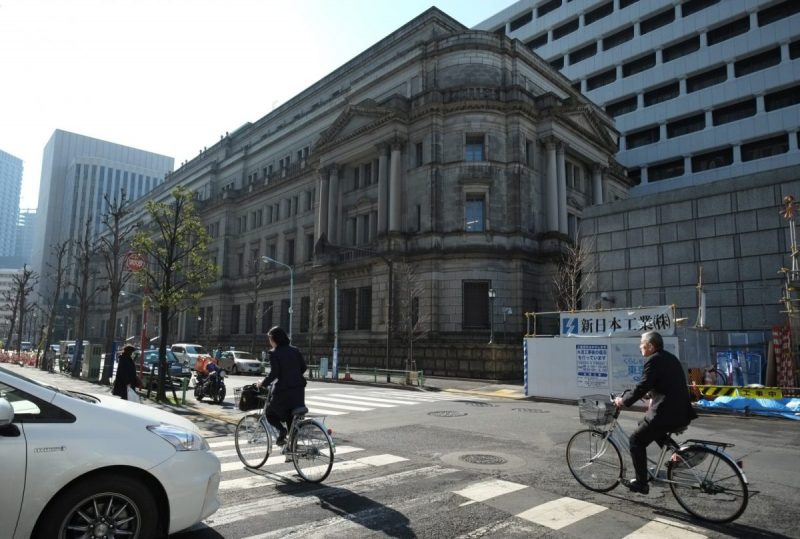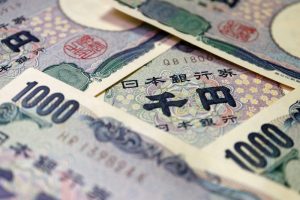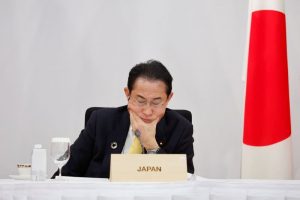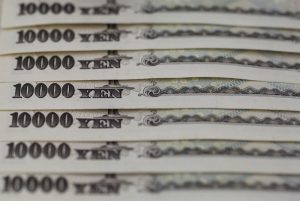The Bank of Japan said on Friday it would begin a tapering of its corporate debt purchases and scale back some of its emergency funding.
The central bank, which has just concluded a two-day policy meeting, will end its purchases of corporate bonds and commercial paper at the end of March 2022 as scheduled, it said in a statement.
The BoJ also would curtail one-year interest-free loans to banks aiding pandemic-hit businesses, ending those for large corporations at the end of March, while extending those for small businesses by six months.
Monetary Policy Remains
The central bank, meanwhile, is keeping its main monetary policies in place, including short-term interest rates of minus 0.1% and long-term rates of zero.
The decisions come as central banks in other countries, such as the US, EU, UK, Canada, Australia and New Zealand, have started scaling back the stimulus measures they introduced in response to the Covid-19 crisis.
The US Federal Reserve on Wednesday signalled it would end its asset purchase programme in March rather than June, raising the possibility of a rate increase in less than three months.
Rising Commodity Prices
In Japan, consumer inflation hovers around zero, but because of rising commodity prices, wholesale inflation spiked to 9% in November, marking the highest year-on-year increase in 41 years.
The BoJ December Tankan – its short-term economic survey of Japan‘s enterprises – suggests improvement for business conditions for large non-manufacturers, while large manufacturers’ sentiment remains unchanged.
“The conditions for both small manufacturing and non-manufacturing groupings improved but remain in a negative territory, pointing to a lagging recovery for small enterprises,” Harumi Taguchi, principal economist at IHS Markit, said.
- George Russell
READ MORE:
Oil Prices, Inflation, Tapering Weigh On Asian Markets
Japan’s Record $490bn Stimulus Bucks Global Tapering Trend
Asia Markets Boosted As Fed Finally Reveals Tapering Plan























